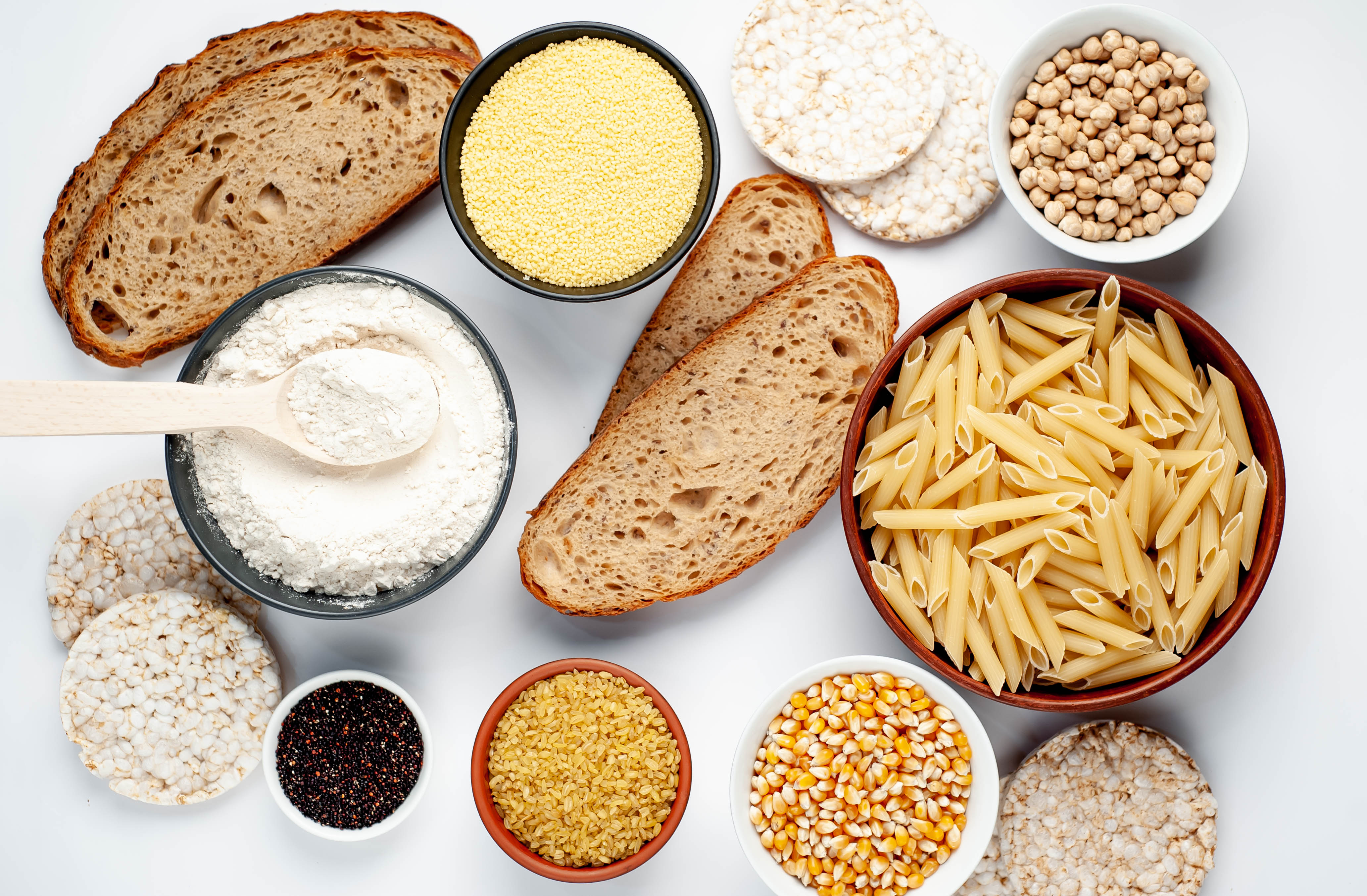What are the symptoms of insulin resistance?

Insulin resistance often has subtle or no symptoms early on, which is why it’s called a “silent” condition. However, as it progresses, several signs and symptoms may emerge due to elevated insulin and blood sugar levels affecting various systems. Here’s a concise breakdown based on current medical understanding:
- Fatigue: Persistent tiredness, especially after meals, as cells struggle to use glucose efficiently for energy.
- Weight Gain: Unexplained weight gain, particularly around the abdomen (visceral fat), as insulin promotes fat storage.
- Hunger and Cravings: Frequent hunger or intense cravings for sugary or high-carb foods due to blood sugar fluctuations.
- Skin Changes:
- Acanthosis Nigricans: Dark, velvety patches of skin, often on the neck, armpits, or groin, a hallmark sign.
- Skin Tags: Small, benign growths, often in the same areas.
- Brain Fog: Difficulty concentrating or mental sluggishness, linked to glucose metabolism issues in the brain.
- Frequent Urination and Thirst: Signs of elevated blood sugar, which may mimic early diabetes.
- High Blood Pressure or Cholesterol: Often co-occurs due to metabolic syndrome, with elevated triglycerides or low HDL.
- Menstrual Irregularities: In women, irregular periods or symptoms of polycystic ovary syndrome (PCOS), like excess hair growth, due to hormonal imbalances.
- Tingling or Numbness: In extremities, indicating nerve stress from chronic high blood sugar (less common early on).
These symptoms can vary widely in intensity and may not all be present. Many people only discover insulin resistance through blood tests (e.g., fasting insulin >10 μU/mL, HOMA-IR >1, or elevated HbA1c) or when it progresses to prediabetes or type 2 diabetes. If you’re noticing these signs—especially fatigue, weight gain, or skin changes—it’s worth discussing with a doctor for tests like fasting glucose, insulin levels, or a glucose tolerance test.

Subscribe by email
You May Also Like
These Related Stories

What causes insulin resistance?

What is The Difference between Insulin Resistance and Diabetes?
